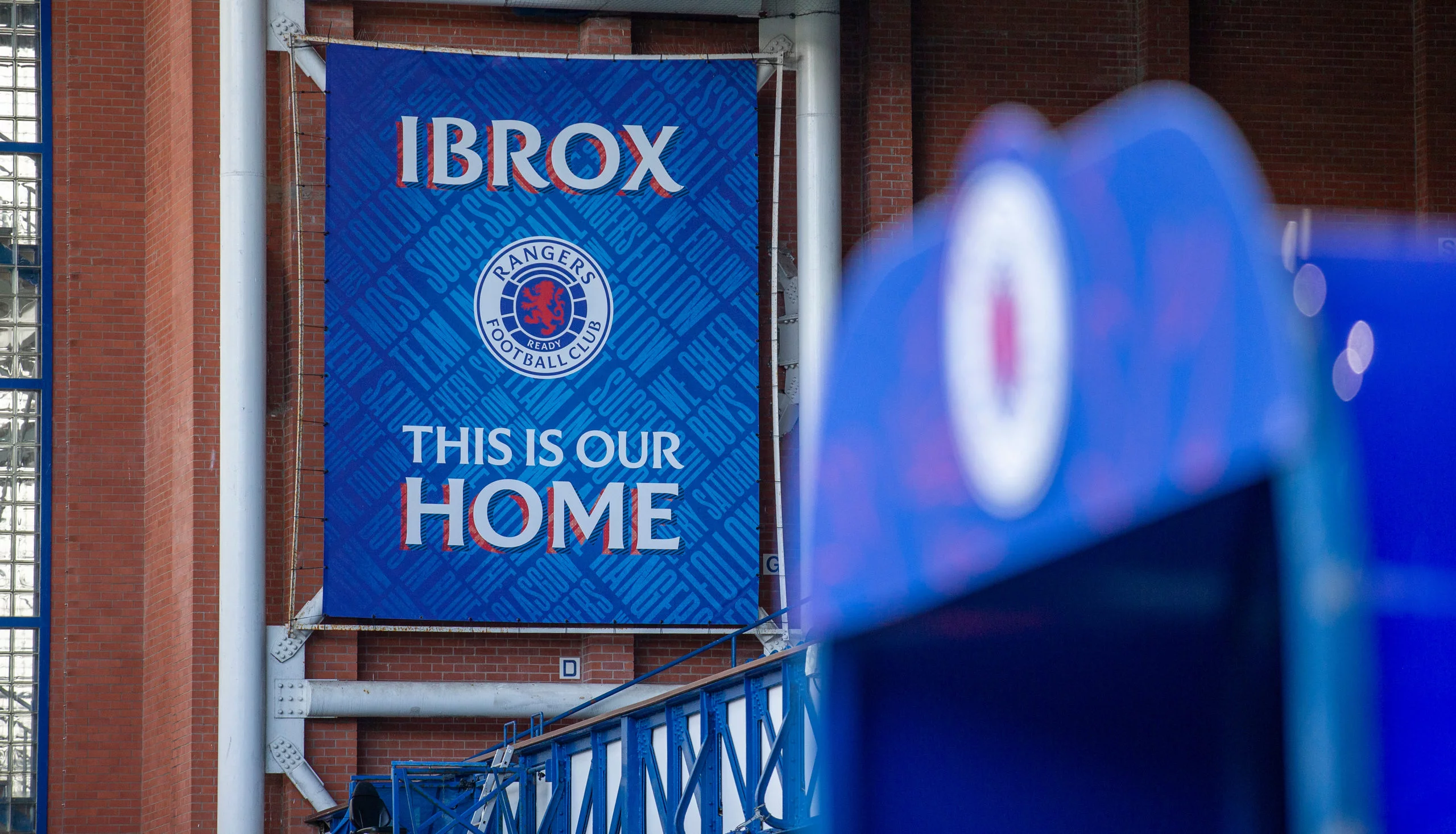A report by Celtic Underground suggests that the ghost of Rangers Past may be about to visit the Tribute Act with the letters ‘R’ and ‘D’ hovering ominously like E, B and T did 15 years ago.
R and D of course stands for Research and Development, familiar terms in business and the sort of thing that Governments encourage, maybe offering tax advantages to those prepared to invest in R and D.
Celtic Underground were way ahead of the curve with the tax issues that led to the administration and subsequent liquidation of Rangers.
A deep dive into the issue revealed that it was a contributor to Celtic Underground that first revealed the significance of the letters, E, B and T during a thread on Kerrydale Street.
Despite their various financial issues, resulting in news today of another Share Issue, it has been assumed that the 2012 version of Rangers would be playing fair with HMRC, prompt payments in full after Queen Elizabeth lost more than £20m during the 2011/12 season when monthly deductions weren’t passed on.
News that Dundee United are appealing a £100,000 tax liability made it onto the sports pages of The Courier earlier this week, the Tannadice club did record the issue in their accounts down the years.
Very little detail is given away in the accounts from Rangers International but in their short time in business they have never been far from litigation with Sports Direct, Elite (Hummel) Sports and TEG Sport (the firm behind the Sydney Super Cup).
Suggesting that there could be a fresh tax dispute to be lost, Celtic Underground reports:
This week, the Times broke the story that 28 football clubs had been using the R&D tax break in a manner that HMRC did not agree. In Scotland, we have Dundee United being at the forefront of the story because they have a contingent liability on their accounts, i.e, they have a section on their accounts ready to pay out on the high probability that HMRC will come and ask for its money back. But that might not just be Dundee United who have utilised this scheme to their advantage.
A closer look at accounts of Scottish football clubs will alert you to a Glasgow Club who you would think would know better, who appear to be repeating the sins of their father.
The ruse of this system is basically that if you have a player out injured, and the initial advice from the medical staff is that they’re going to be out for (eg) 8 week but you get them back in just after five, then your medical research and development resulted in that three-week saving. You therefore get a tax break.
There is an R&D budget, which quite genuinely the government cannot give away, and so a whole industry has popped up to make claims for tax credits or repayments. It’s like the wild west. Consultants will come up with a scheme and make a claim, and if they get it through, they try to sell it to others in the sector. Most clubs, including Celtic, were approached.
We dismissed out of hand on the basis of if it walks like a duck and quacks like a duck…it’s a duck, and that scheme is not for football. It doesn’t sound like it’s for football, it doesn’t look like it’s for football, ergo it’s not for football.
As mentioned, Rangers accounts show:
à Year-end 2022 – £125,000
à Year-end 2021 – £550,000
à Year-end 2020 – £188,000
à Year-end 2019 – £26,000
à Year-end 2018 – £34,000.
That club had benefited to a margin of £873,000.
This is more than the £800,000 they got for all those transfer’s last season.
This revenue for a business will either be a cash payment or a reduction to their corporation tax liability. It is hard cash, not just accounting speak. Based on the fact that a certain club don’t pay corporation tax, and who knows when they will ever pay tax due to the scale or brought forward losses, they have received that hard cash in their hand.
If the tax man comes calling, it’s not just going to be £873,000 he wants back, it’ll be interest and penalties – likely to be hitting £1m+
28 football clubs made the news in the Times, and Dundee United (and today Hibs) made the news here in Scottish football. These clubs have a contingent liability on their accounts, no doubt because HMRC have already come knocking on their door.
I’m not privy to the detail of the usage, and HMRC may already have approved the use of the tax break in this instance but I suspect there may soon be (if not already) a closer investigation into a club that you would have thought, with all the past history, would have run a million miles from any tax scheme that wasn’t 100% legitimate have utilised it to the extent of £873,000.
It is highly unlikely that this issue will be picked up by the Scottish media messengers, back in 2010 they were reassured that EBTs were the fantasy of obsessed Selik fans and Internet Bampots.
A tax bill of £1m for R and D shouldn’t have devastating consequences on a business with turnover of £90m but after posting losses of £17.3m for the year to 30 June 2024 there is an austerity drive on at Ibrox.
During the January transfer window no fees were paid out to add players to Phil Clement’s exciting young squad with the £500,000 required to sign Lyall Cameron from Dundee delayed until the summer.
RELATED READING







